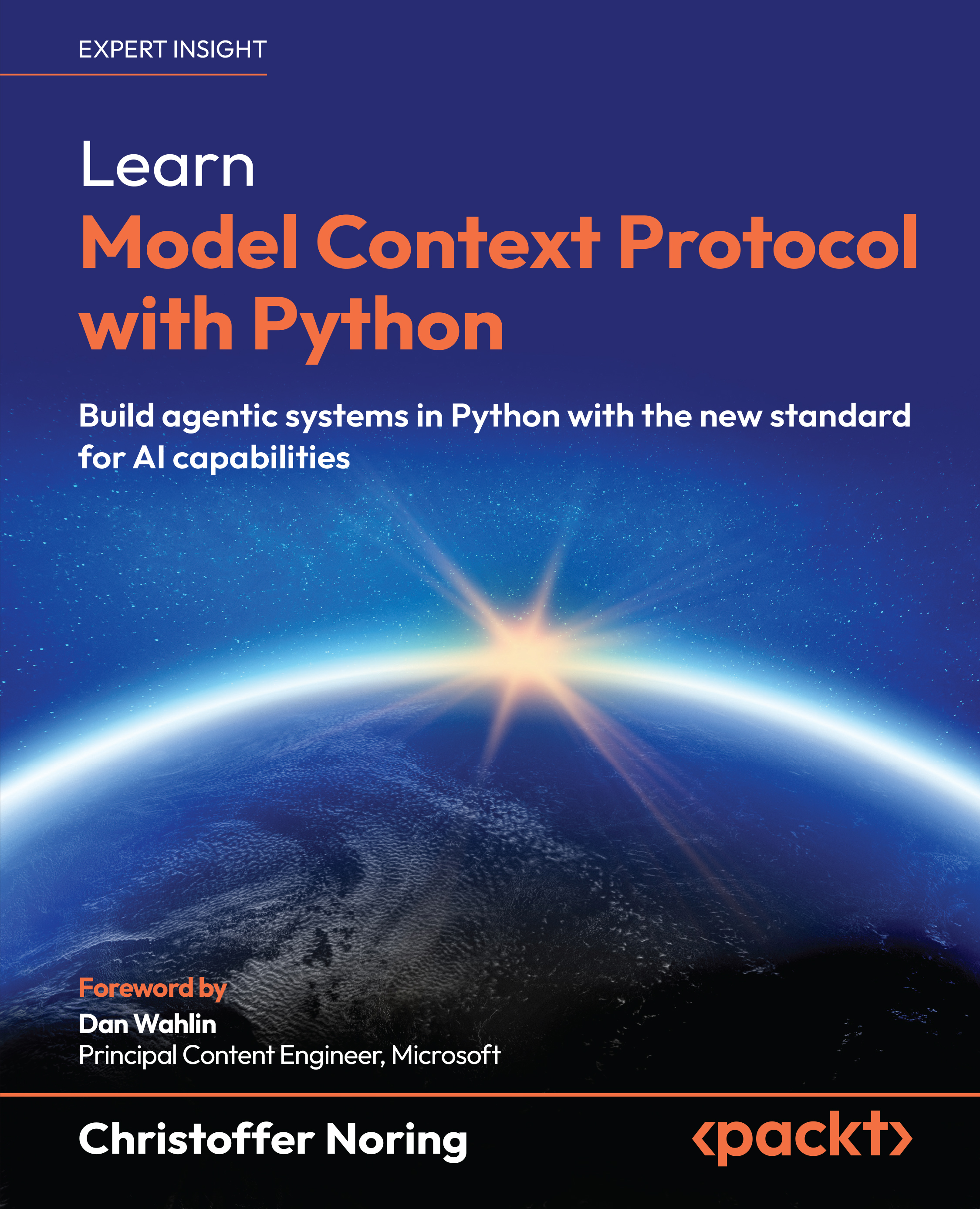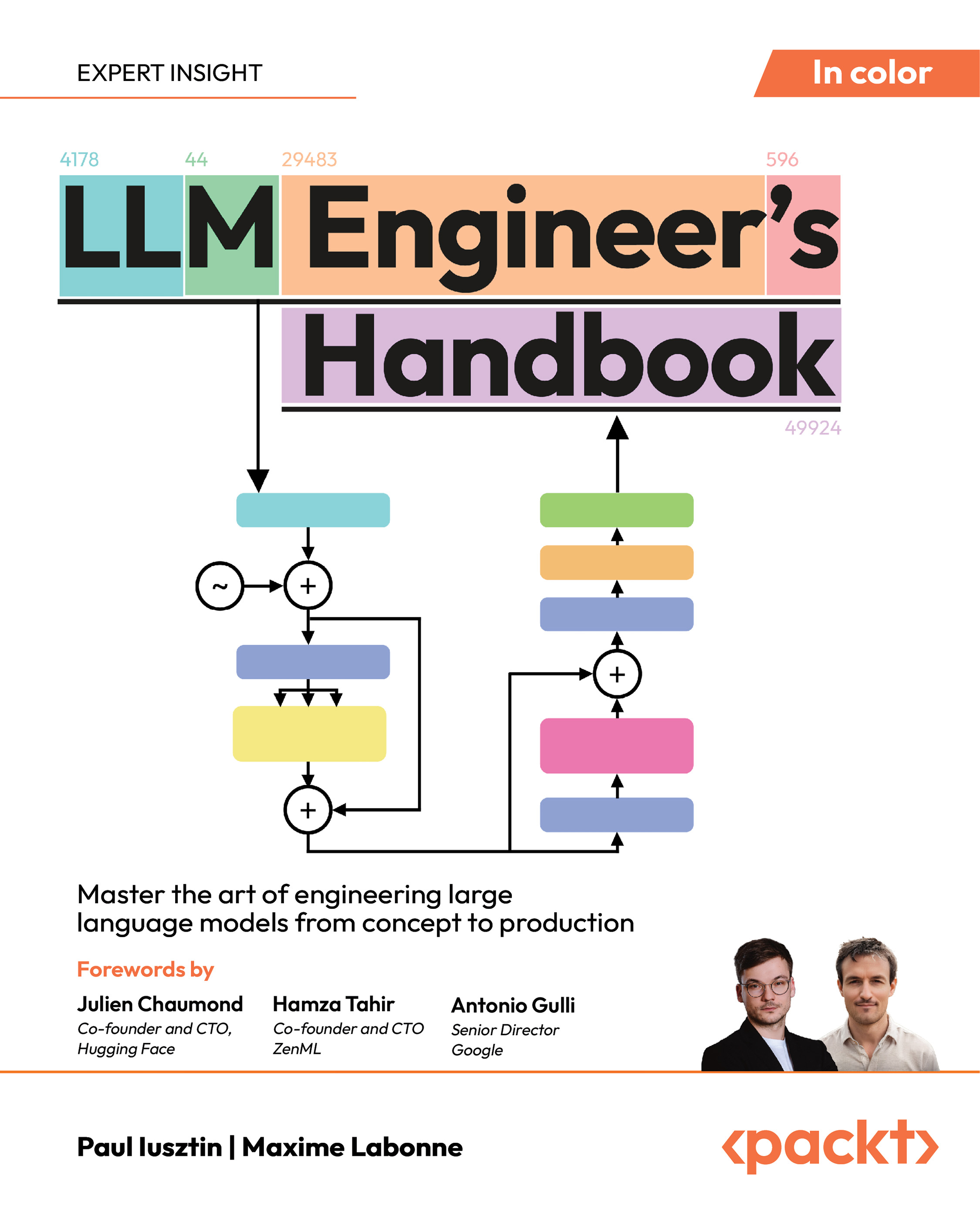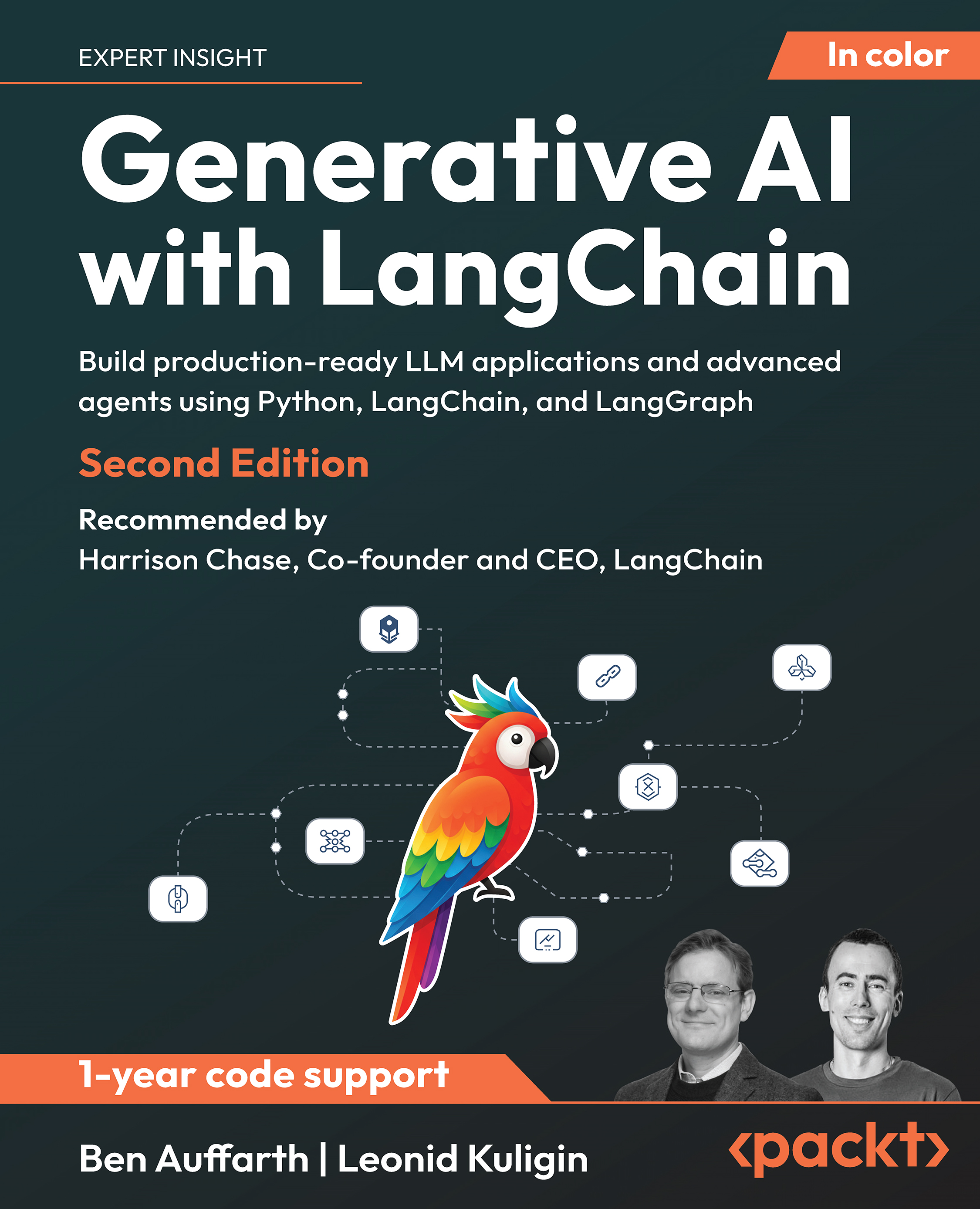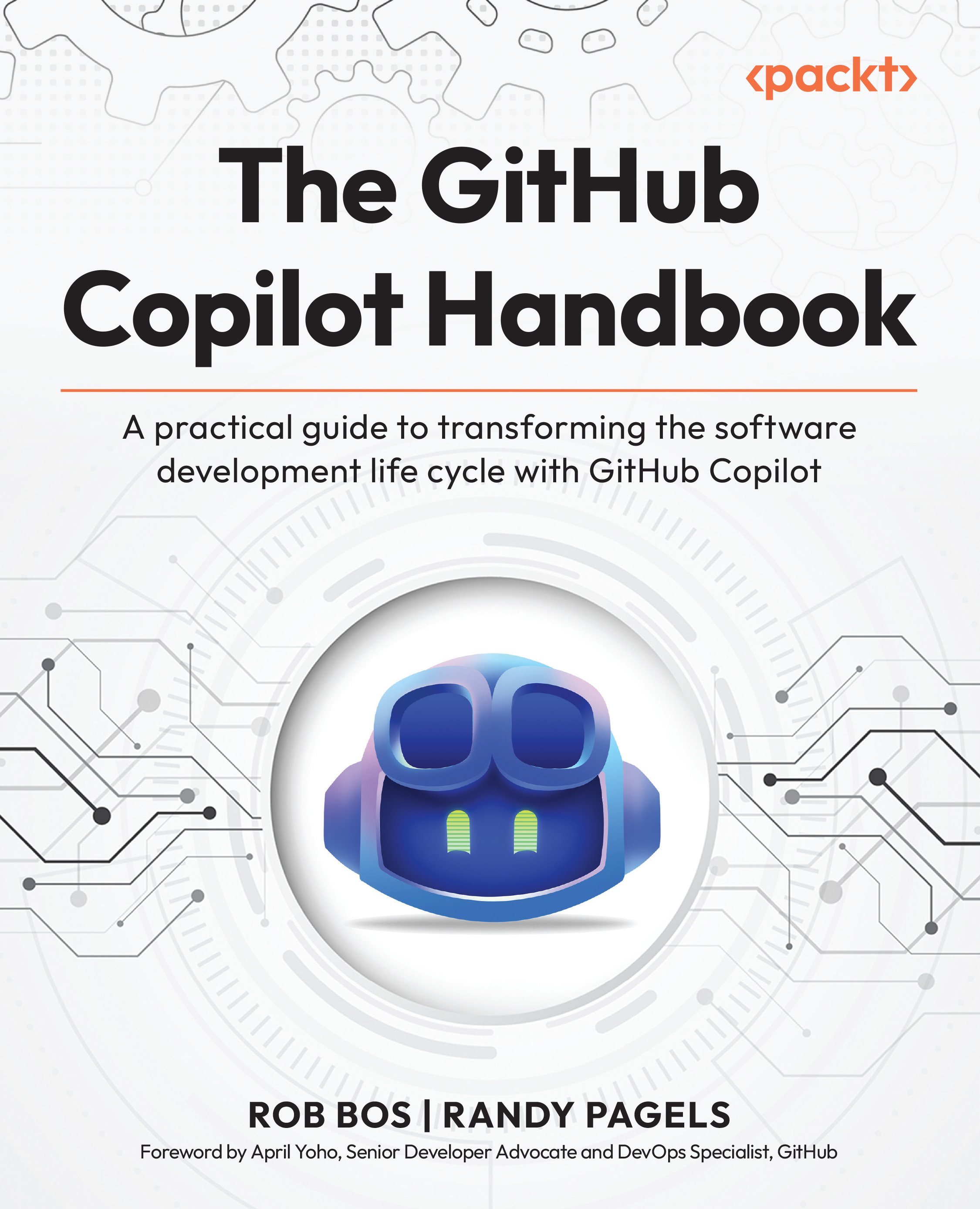The dro library operationalises Distributionally Robust Optimization by solving min–max problems where the outer minimisation spans a model class and the inner maximisation ranges over an ambiguity set of plausible distributions. This ambiguity set is defined using distance metrics such as Wasserstein distances, f-divergences (KL, χ², Total Variation, CVaR), kernel-based distances like Maximum Mean Discrepancy (MMD), and hybrid measures including Sinkhorn and Moment Optimal Transport distances.
Exact optimisation is handled through disciplined convex programming using CVXPY, applicable to linear and kernel-based models with standard losses such as hinge, logistic, ℓ₁, and ℓ₂. For more complex architectures like neural networks and tree ensembles, the library employs approximate optimisation strategies using PyTorch, LightGBM, and XGBoost.
To enhance scalability, the authors implement performance-optimisation techniques such as constraint vectorisation, Nyström kernel approximation, and constraint subsampling or sparsification, significantly reducing computational overhead without sacrificing accuracy. The methodology is underpinned by modular abstractions that isolate model type, loss function, and robustness metric, making the framework both extensible and maintainable.
Additional tooling supports synthetic and real-world dataset generation, worst-case distribution derivation, and corrected out-of-sample evaluation.
You can learn more by reading the entire paper here and accessing the library on GitHub.
 United States
United States
 Great Britain
Great Britain
 India
India
 Germany
Germany
 France
France
 Canada
Canada
 Russia
Russia
 Spain
Spain
 Brazil
Brazil
 Australia
Australia
 Singapore
Singapore
 Canary Islands
Canary Islands
 Hungary
Hungary
 Ukraine
Ukraine
 Luxembourg
Luxembourg
 Estonia
Estonia
 Lithuania
Lithuania
 South Korea
South Korea
 Turkey
Turkey
 Switzerland
Switzerland
 Colombia
Colombia
 Taiwan
Taiwan
 Chile
Chile
 Norway
Norway
 Ecuador
Ecuador
 Indonesia
Indonesia
 New Zealand
New Zealand
 Cyprus
Cyprus
 Denmark
Denmark
 Finland
Finland
 Poland
Poland
 Malta
Malta
 Czechia
Czechia
 Austria
Austria
 Sweden
Sweden
 Italy
Italy
 Egypt
Egypt
 Belgium
Belgium
 Portugal
Portugal
 Slovenia
Slovenia
 Ireland
Ireland
 Romania
Romania
 Greece
Greece
 Argentina
Argentina
 Netherlands
Netherlands
 Bulgaria
Bulgaria
 Latvia
Latvia
 South Africa
South Africa
 Malaysia
Malaysia
 Japan
Japan
 Slovakia
Slovakia
 Philippines
Philippines
 Mexico
Mexico
 Thailand
Thailand














